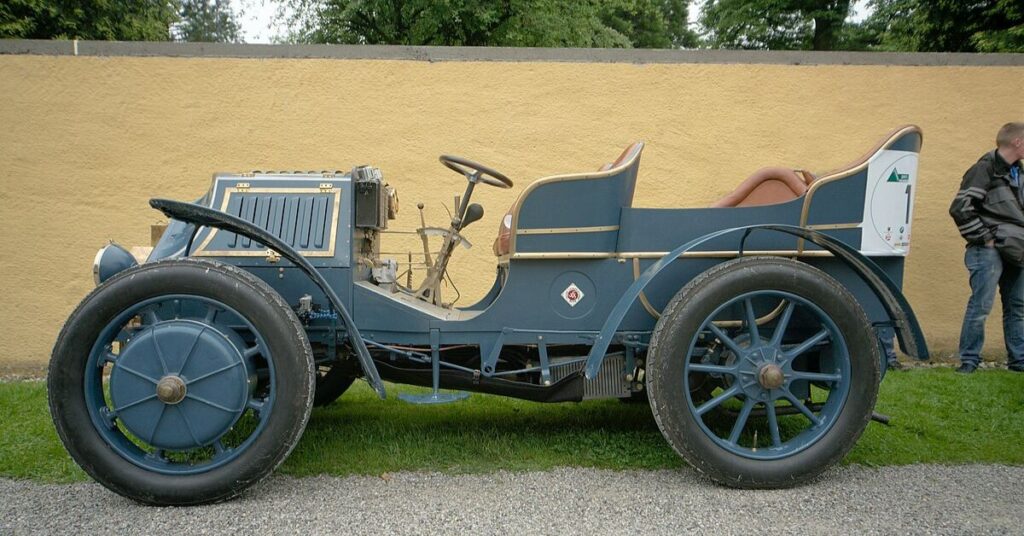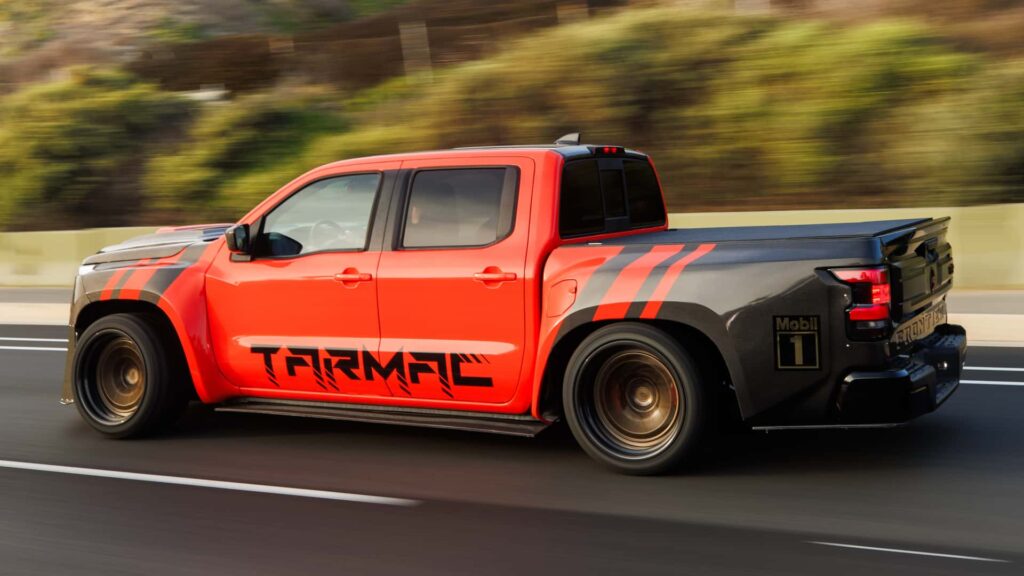
Silent engines and groundbreaking ideas once defined the earliest electric cars. Behind them were brands now lost to history, yet they pioneered the technology driving today’s EV revolution. Let’s revisit ten influential names whose efforts ensured electric cars would survive and thrive in a competitive world. Detroit Electric Dominating the electric car market between 1907 …
Silent engines and groundbreaking ideas once defined the earliest electric cars. Behind them were brands now lost to history, yet they pioneered the technology driving today’s EV revolution. Let’s revisit ten influential names whose efforts ensured electric cars would survive and thrive in a competitive world.
Detroit Electric
Dominating the electric car market between 1907 and 1939, Detroit Electric produced over 13,000 vehicles. Known for dependability, these cars had a range of up to 80 miles per charge. Famous owners, including Thomas Edison, demonstrated the brand’s appeal to innovators of the era.
Baker Motor Vehicle Company
The Baker Motor Vehicle Company, founded in 1899, built elegant electric cars that rivaled gasoline-powered alternatives. Some standout features included silent operation and ease of driving, attracting notable customers like Thomas Edison. In 1914, the brand merged with Rauch and Lang to continue shaping electric mobility.
Rauch and Lang
From 1905 to 1932, Rauch and Lang became famous for producing elegant electric cars that defined luxury. Their spacious interiors and whisper-quiet rides attracted affluent city dwellers. Partnering with Baker Motor Vehicle Company further built their reputation as trailblazers in electric car innovation and style.
Anderson Electric Car Company
Detroit Electric, a creation of the Anderson Electric Car Company, set the standard for early electric vehicles. With innovative battery technology, their cars attracted buyers during a time of fierce competition with gasoline engines. The focus on reliability secured them a place as pioneers in automotive history.
Flocken Elektrowagen
In 1888, Andreas Flocken created the first known electric vehicle, the Flocken Elektrowagen. Resembling a carriage, it marked the dawn of electric mobility. Though rudimentary, this German invention laid the groundwork for electric cars long before they became practical or commercially viable.
Lohner–Porsche
Lohner partnered with Ferdinand Porsche to create the world’s first hybrid vehicle in 1900. It featured electric motors on its wheels and a combustion engine as a generator, showcasing excellent engineering. This revolutionary concept inspired decades of hybrid advancements in the automotive industry.
Elwell-Parker
Founded in the late 19th century, Elwell-Parker developed electric industrial trucks for warehouses and factories. Early indications of electrified transport beyond passenger cars were revealed through their vehicles. Such foresight influenced the evolution of modern electric logistics and industrial mobility.
Columbia Automobile Company
Electric taxis rolled into cities like New York in the 1890s, courtesy of Columbia Automobile Company. These vehicles offered a cleaner alternative to horse-drawn carriages, meeting the needs of busy urban streets. Their success demonstrated the viability of electric cars in the public transportation scene of the time.
TH!NK Global
In the late 1990s, TH!NK Global emerged as a visionary Norwegian brand. Small, urban electric cars aim to reduce emissions and traffic congestion. Despite financial struggles, their innovative spirit paved the way for sustainable vehicle designs embraced by today’s EV makers.
Elcat Electric Vehicles
Elcat Electric Vehicles, a Finnish company, focused on producing electric vans for postal services between 1985 and 2011. The dependable designs demonstrated the practicality of EVs in challenging commercial settings. These vehicles have durability and efficiency and have shaped how businesses approach electrification in fleet transportation.


